Recently, Carnegie Mellon University developed a method for detecting people through Wi Fi signals so it would send a signal out through a normal WiFi router and then that signal could be traced back to create 3D augmented shapes of people to pinpoint precise positions where the person is standing and where they’re moving.
This technology is one of the many ways, a lot of which are terrifying if put in the wrong hands, that AI has been used.
Before this, you could easily pinpoint where in a room relative to the router a person’s device was, however this is another much more precise method. It used all the waves the router sends to trace back precise body positions across a wide range, including through walls far from the router inside a standard home.
Senior and future Computer Science major James Mahia gives insight into the world of artificial intelligence.
What’s your opinion on technology like this?
At the end of the day, artificial intelligence, is really just trying to make machines learn by themselves, so instead of a computer following a set of instructions by themselves, an AI really has bots that create new bots in order to pretty much solve a problem where those bots fail. They are quote unquote, killed, then then they make new bots in order to figure out how to solve the problem until you go through the cycle enough times to have a bot that learned by itself that on how to really much solve a problem. And so while AI can’t really program itself, at the end of the day, there are still people really facilitating these bots because they are the ones who facilitate everything even though the AI pretty much programs itself.
For the most part, because the people who are in charge of making these set parameters in order to solve a problem, they define the problem and how they this problem is going to be made to be solved. And so how the bots are sorry. And so at the end of the day, whether we’re talking about fake imagery, for example, the Trump being arrested by the NYPD or are fake tweets made by AI or the AI like audio processors like you’ve seen on social media about AI personating celebrities. At the end of the day, we really need it actually doesn’t really matter what the AI is made it what the sorry, what the AI can do. It’s really what it’s made to do. And the thing that we really need to focus on is not just the technology itself, but the people behind the screen that is making them.
What would you say is your concern and what are you looking forward to in the future in terms of AI?
Well, my biggest concern is that we are kind of living in an age where there is no really such thing as sort of a reality anymore because we can literally make up different realities and present them as facts. So for example, there are a lot of deep fake cases out there of people impersonating other people and showing videos of them when in reality, they were never even in the even said or did the things that they did in a video, especially after the event of COVID where everybody’s behind the screen that was easy to capture and therefore people could literally fake being other people. The picture of the NYPD arresting Trump. People thought that was real, but turns out it wasn’t. And so and so my biggest concern right now is that if we can literally create new realities through technology and present them as facts. How can we know in the future what exactly even is real
I agree with Stephen Hawking about AI being pretty much one of the biggest threats to humanity, but there is actually some merit and truth and helpfulness of AI. It is really good at construction, and it’s specifically in the case of missing persons. And so what AI does is that it creates imagery, based off statistics in the case of missing persons in order to create an image that can be helped to identify people
Even though personally my view is that AI is genuinely bad for humanity. I also have to acknowledge the other side in which there are some really useful, practical, practical and even daresay good uses for artificial intelligence or to help many different persons.
Do you see AI being used to integrate into our everyday lives in the near future?
We have AI everywhere already, from your Instagram feed to Amazon to even the schools soon.
I do a lot of work with the school district. The student council district is actually making an AI right now.
Can you tell me more about the district AI?
Our District Chief Technology Officer, Philip Hintz and he talked about how AI could be used in order to help create a better learning environment towards the school in various different ways. And the reason why I’m saying it very vaguely is because they haven’t had anything really done with the books. They set up a policy in order to mitigate it but they are but nothing is really set in stone about the AI just yet. But what they did say is that they were very very strict about what can and cannot be used with AI. Plagiarizing a project off the books would not be possible. Using it to check over work for a math problem would be fine.
Anything else you’d like to add?
AI, at the end of the day, really just needs to be in the right hands. That’s pretty much the main thing that people need to be aware of about AI because it’s still gonna be a prominent place in our lives. The only question is, how can we better model them to be better for people and who exactly is in the driver’s seat making the algorithms that create and have the procedures embedded with an AI?


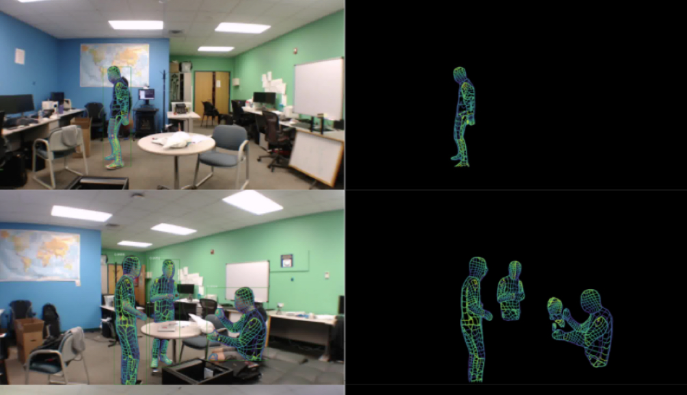

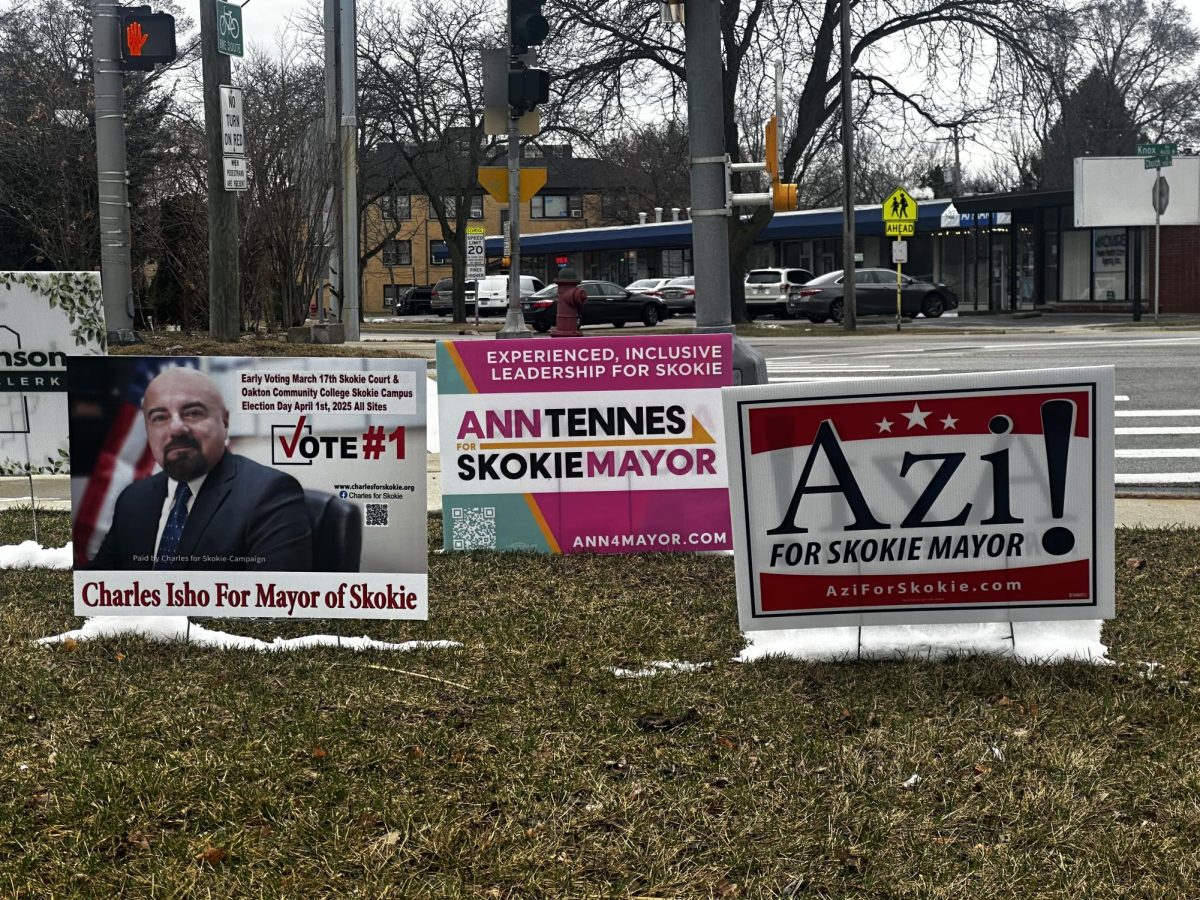

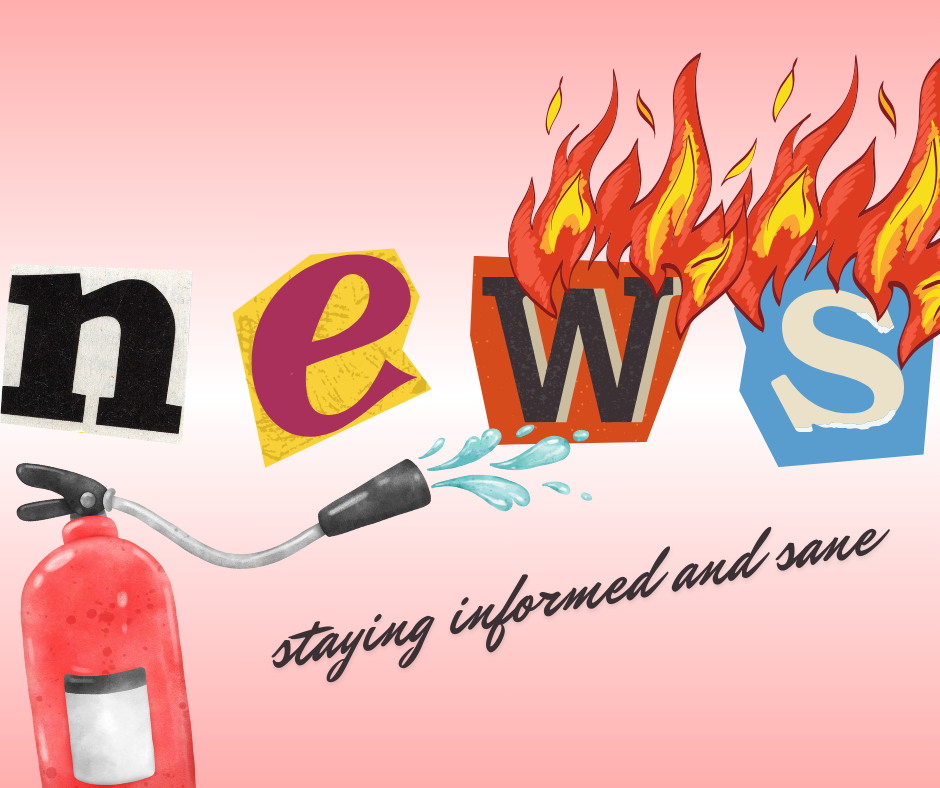
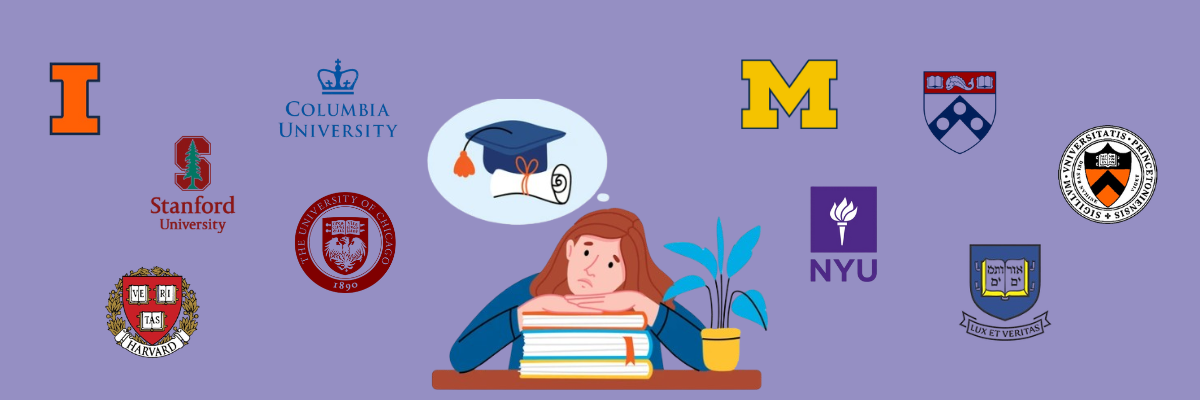

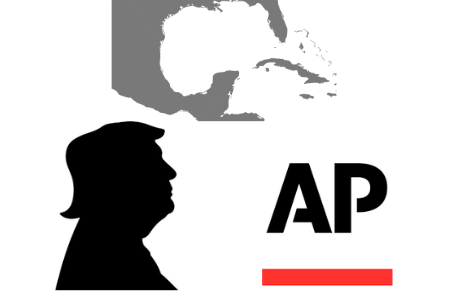
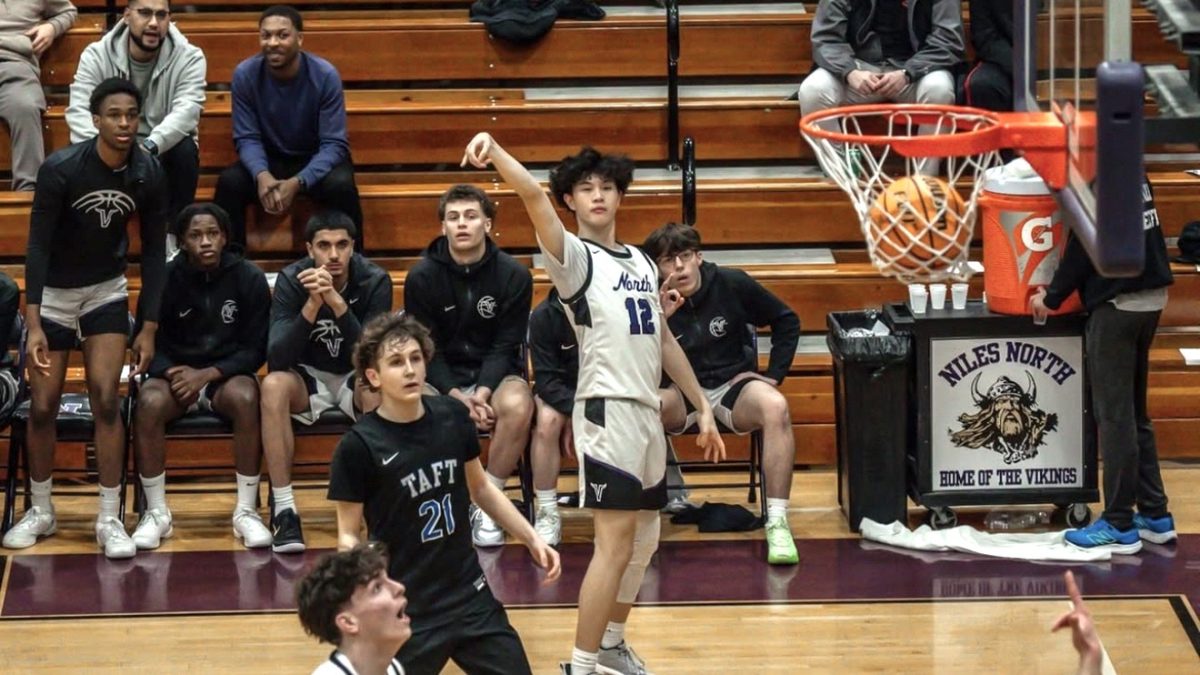
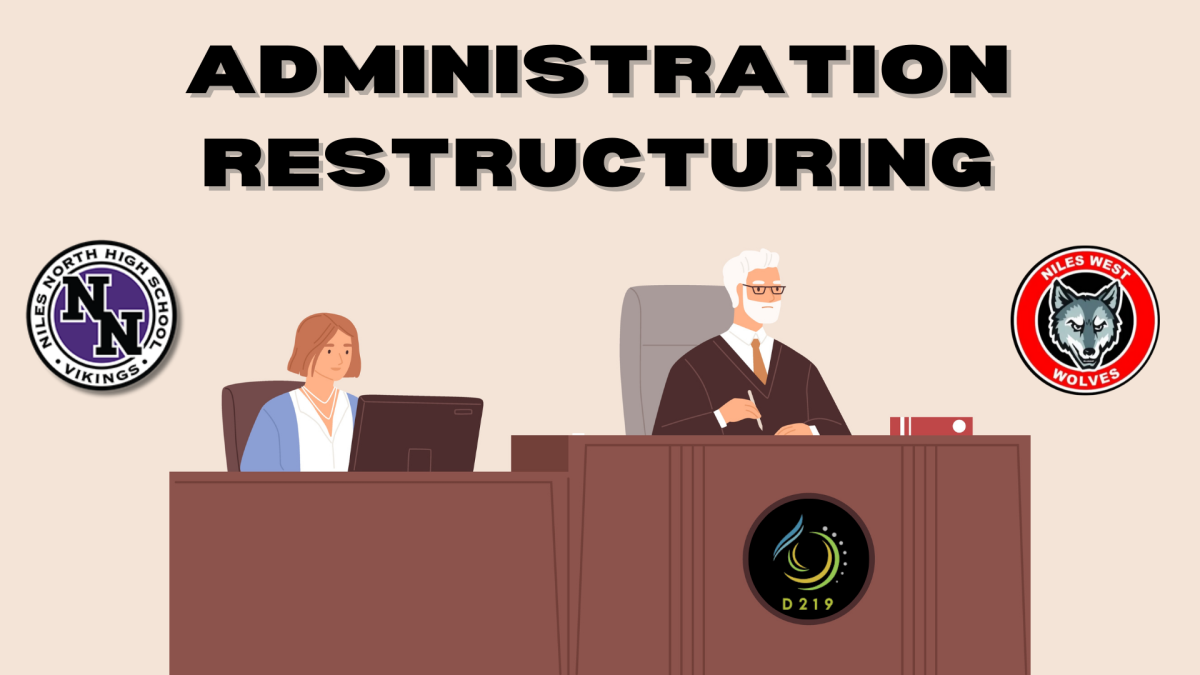
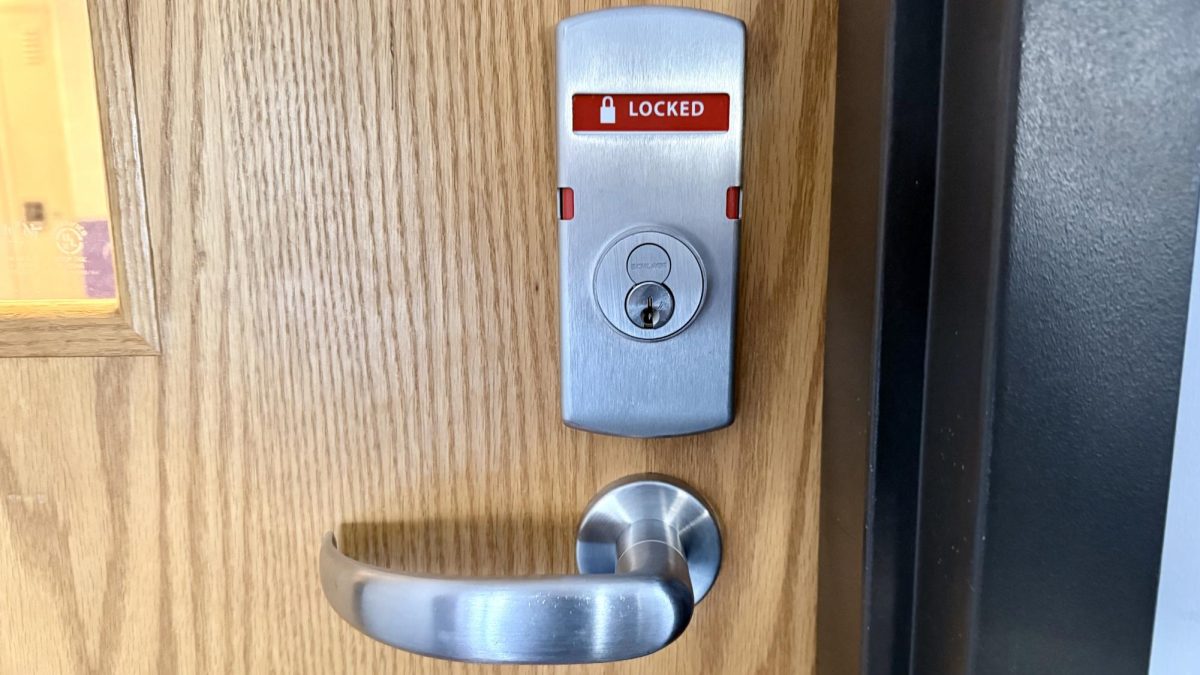
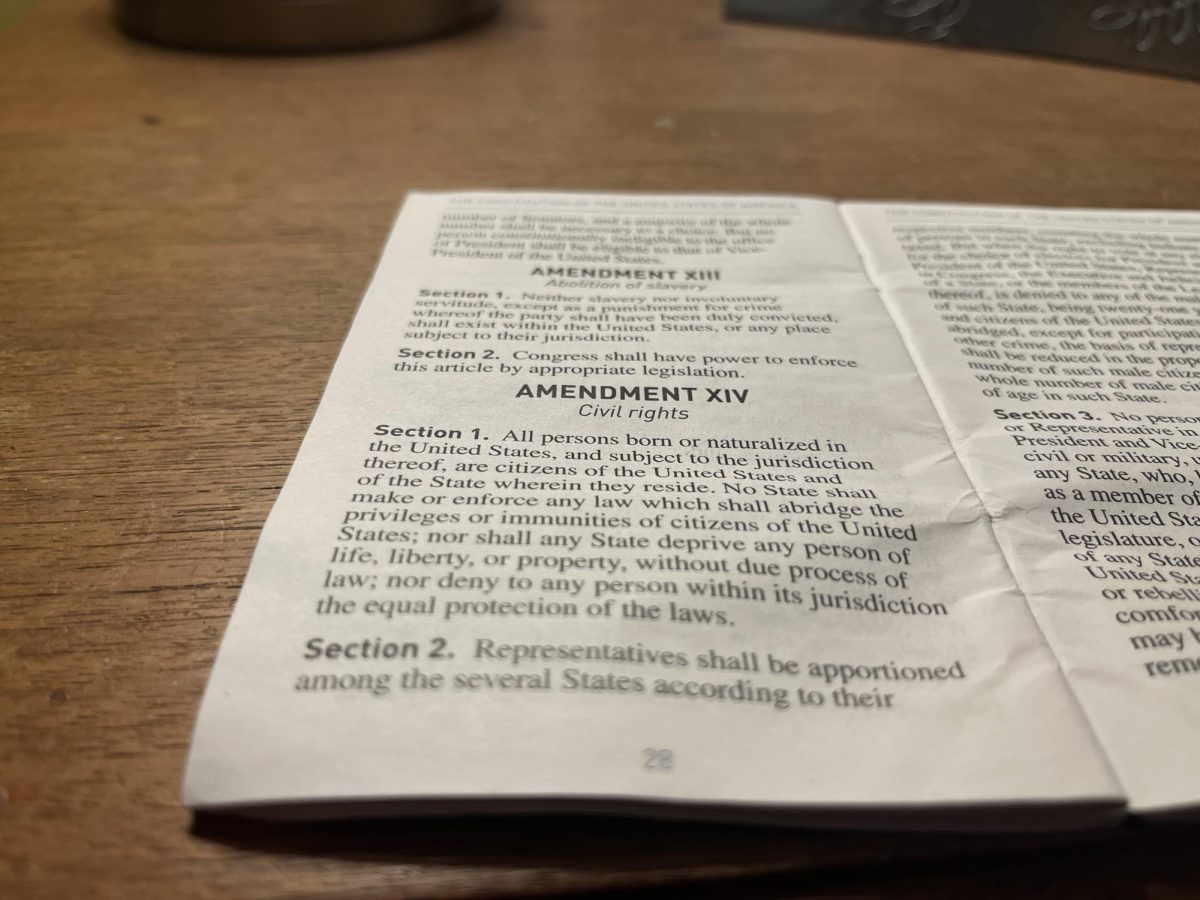


Charlie • Feb 4, 2025 at 9:55 am
Hasn’t this actually been in use since the invention of the Stingray? They’re now referred to as Cell Site Simulators in the US.
The technology is comparable to Marvels Cerbero. Where professor X could see all mutants.
I’m only curious as to understand why?
All tech goes through an experimental stage or stages.
I wonder what stage we’re on.